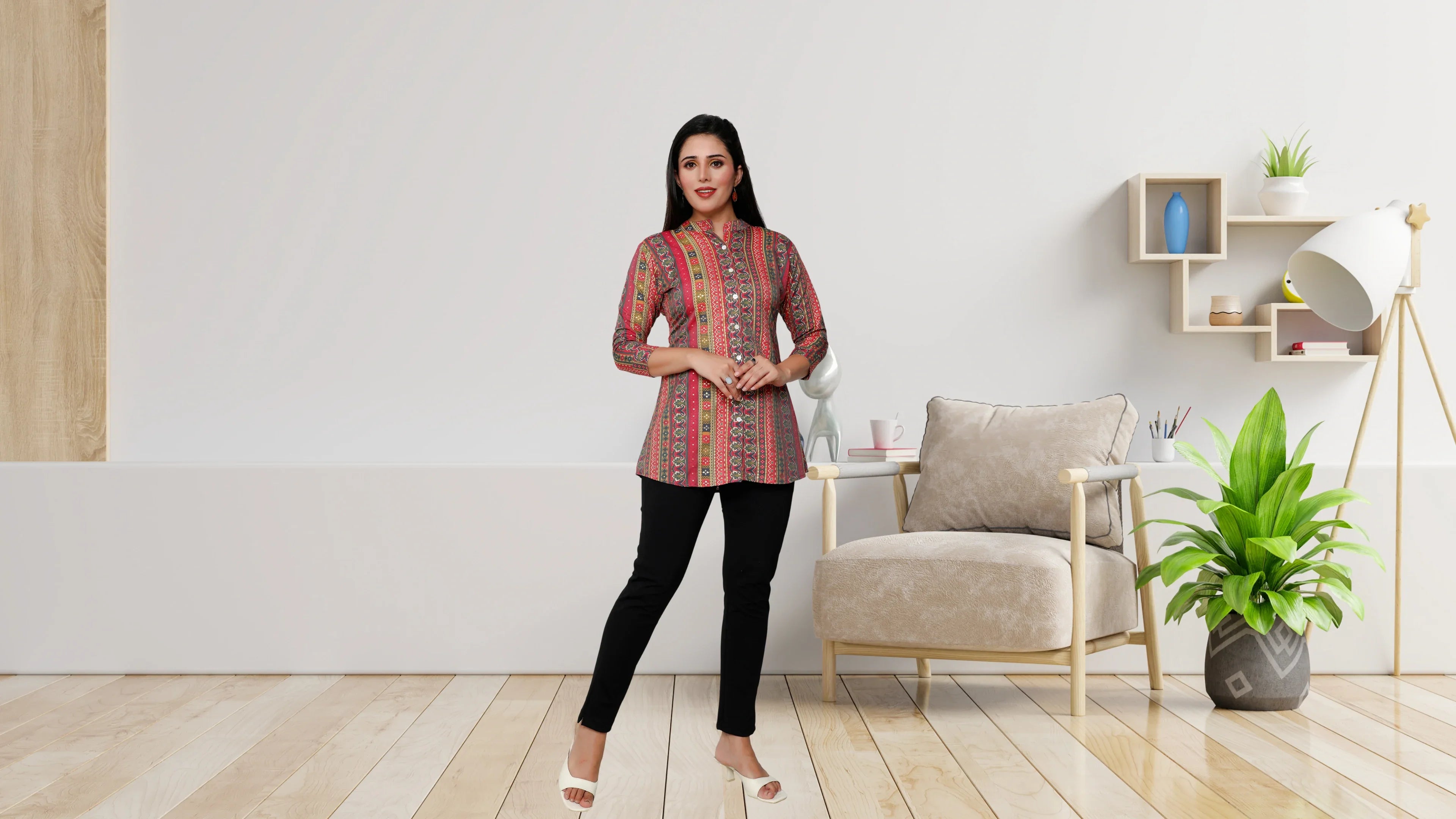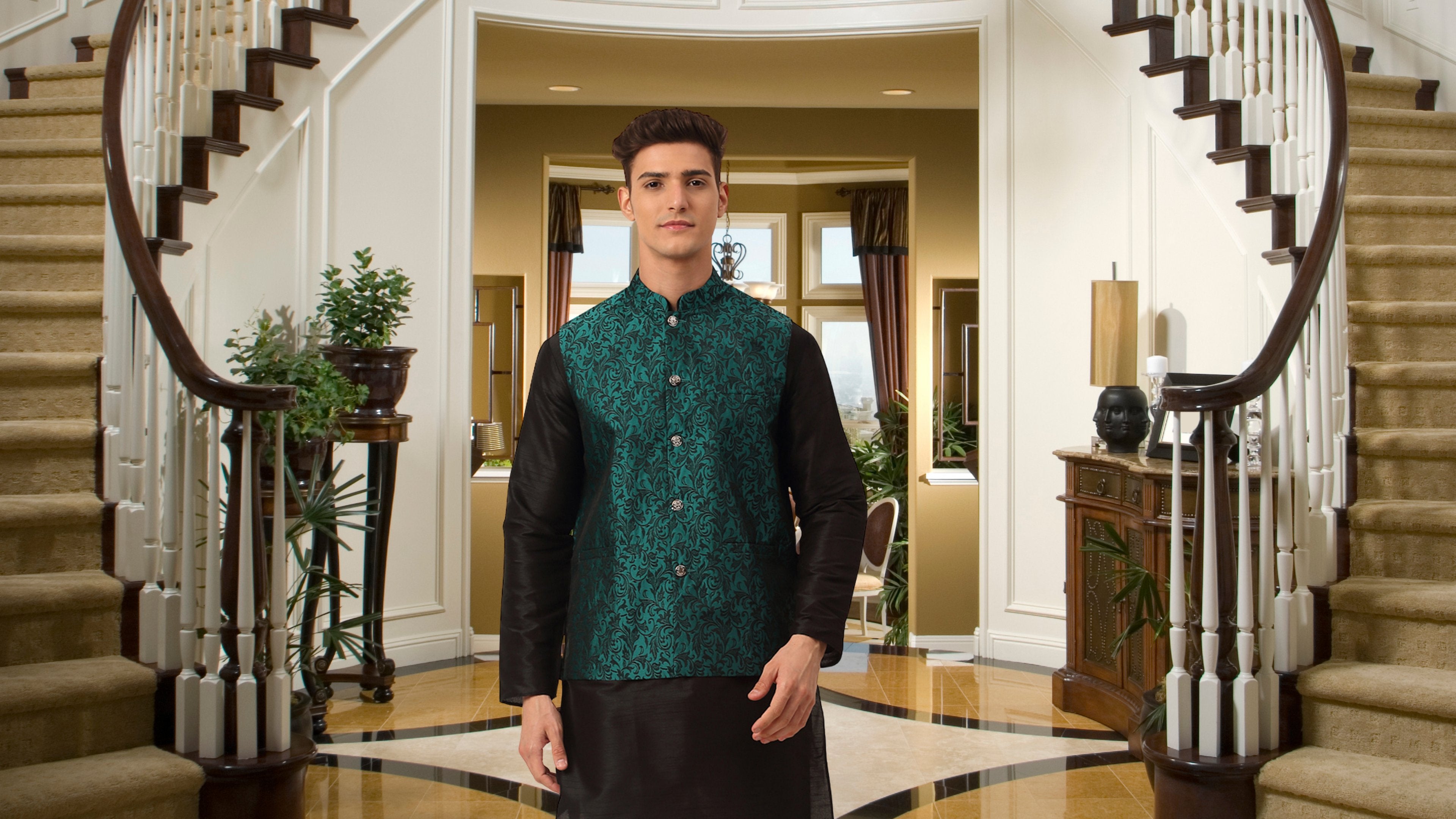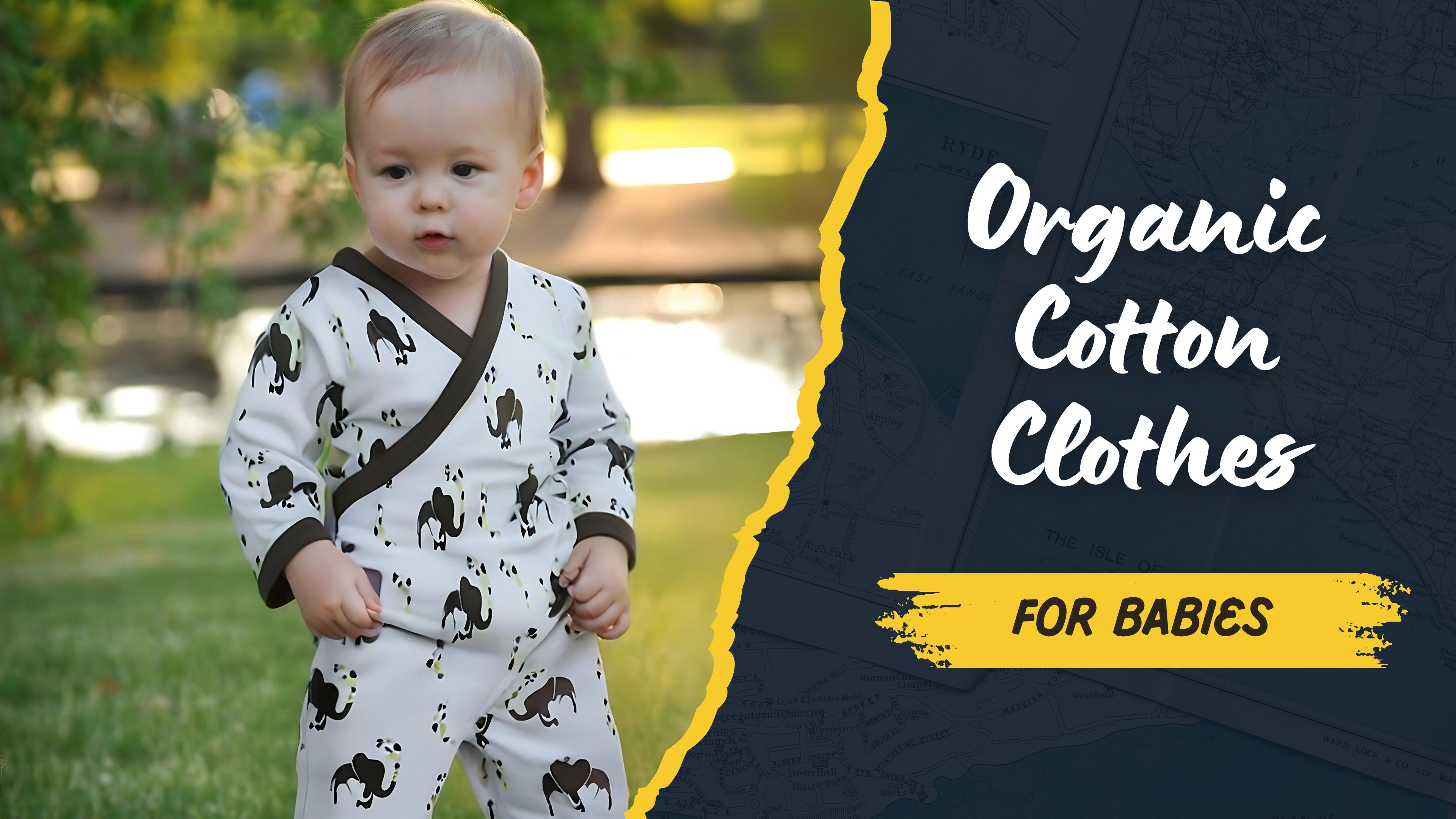All you need to know about organic cotton and organic cotton baby clothing
Organic cotton is something that is created and certified to organic agricultural standards. Its production maintains the health of soils, the ecology and people by making use of natural processes rather than fake or synthetic inputs. Most importantly, organic cotton farming does not give permission for the use of GMOs (genetically modified organisms) or toxic chemicals. Instead, it allows the amalgamation of tradition, innovation, and science for the benefit of the environment and encourages a good quality of life for all those connected to it. If one can afford a bit of higher pricing on things like organic cotton baby sleepers and other natural products for the people and their environment, then why not?
Fair pricing
When you purchase organic cotton you are investing hugely in cleaner air, water conservation, better soil and livelihoods of farmers. The price for organic cotton is consequently sometimes, but not always, higher. However, with increased demand and awareness today, more choices will become available. Thanks to technology, everyone is more knowledgeable about climate change and the welfare of others.
Decreases environmental footprint
Organic cotton is not grown from any kind of toxic chemicals. It doesn’t harm the soil, has less impact on the air, and uses around 65% less energy and about 89% less water. The usual cotton uses about 7% of pesticides and 16% of the world’s insecticides. Isn’t this a sad thing to know about? So much can be at stake just by what people wear and grow. The amount of chemicals has created a huge change in the world as it is, due to other different kinds of pollution. Hence buying organic clothes is just a small but in a way, a big step for everyone. Your contribution to lowering global warming will be a huge step for the future.
Food system impacts
You must be wondering how organic cotton is related to the impact on the food system? Cottonseed oil is utilized in an array of food products such as chips, cookies, and vegetable oil. The oil is also fed to livestock. So while cotton fibre is not something we place on our body, its by-product can make its way into our daily diets. Be aware of what you eat and as these poisons are the causes of untreatable diseases.
The future goals
A study shows that by 2025, two-thirds of the world’s population will face high levels of water shortages. But pure cotton is 80% rain-fed, which decreases pressure on local water sources. The lack of chemicals also means that water is safer and cleaner. Cotton is frequently grown in water-scarce areas using the irrigation method and it takes 2,700 litres of water to make you normal chemical-filled cotton t-shirt.
You can make a difference for our future generation
This may sound quite cliché, but buying organic cotton baby pants, rompers, onesies and using herbal products makes a lot of difference.
Caring for the people and this world we share with them is a life choice. Opting for organic cotton is part of this mindful choice. In 2015, around 26 million metric tonnes of cotton were produced worldwide, much of it for the clothing industry. Did you know organic cotton makes up for less than 1% of this? By making a choice against conventional cotton you have the purchasing power to persuade manufacturers, brands, and even farmers. So let’s change this number and it starts with you.
Choose organic material with its benefits from farm to fashion. Many of the advantages will be easily identifiable, such as healthy lifestyles for all. Others may be more astonishing such as the protection of waterways, wildlife, and forests.
Organic cotton baby clothing and other products
Today it is both a bane and a boon to have technology around. While the misuse of it is quite high, it has brought the better out of us too. Organic cotton can be found in almost everything, from children’s products (toys, diapers, clothing like footies, romps, onsies, kimonos), footwear, clothing, and home furnishings (sheets, towels, bedding, bathrobes, blankets), to personal care items (make-up removal, sanitary products, pads, ear swabs, and cotton puffs), and even note cards and stationery!
- When you choose organic cotton clothing
- You save approximately 336 litres of water
- 0.6 km of driving emissions avoided
- 93% of bulb energy saved
Organic cotton is not merely a hippie fashion. Many celebrities like Emma Watson, Angelina Jolie, Alicia Silverstone, Jessica Alba, Charlize Theron, Natalie Portman, Olivia Wilde, Emily Deschanel, Jamie Foxx, and Kelly Slater wear organic cotton. Many like Gypsy Rose, Stella McCartney, Bono and have started their own organic cotton collection.
There are several online stores like Maple Clothing that have wrap skirts from India, organic clothes for babies and women. You can start by researching and buying too.



